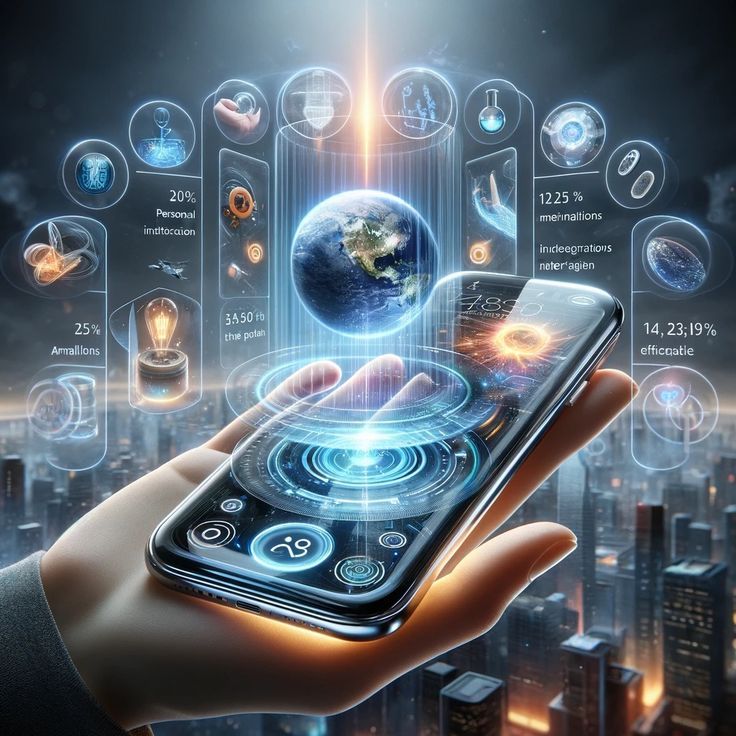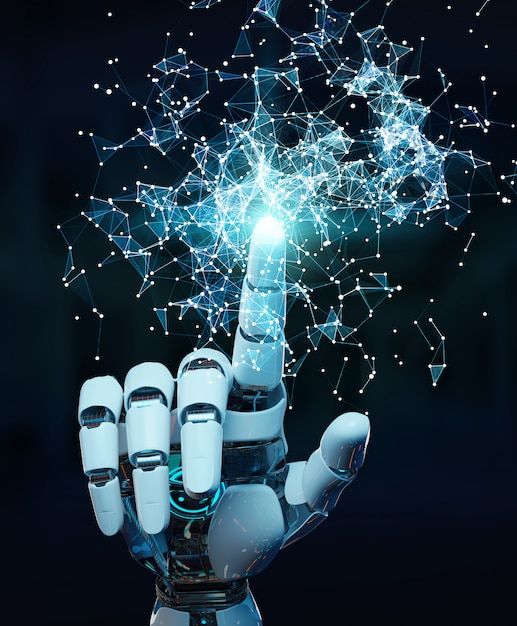In this editorial article, the authors delve deeply into the ethical issues which emerge out of the use of Artificial Intelligence (AI) on every day human society While many people associate the term AI with information technology. The broader meaning can be said to be the machine’s ability to complete tasks usually requiring a human to think and perform so doing. Revolutionizing human interaction and everyday living through technology revolution is already changing things. It seems irreversible. However, as AI technology continues to change rapidly. It equally disturbing ethical and sociopolitical issues arise which need thorough philosophical investigations. Understanding its social impact, more importantly, prospective negative ones, is also an important area of study.
AI Ethics: Essential Ideas

Artificial intelligence, which is simply called AI can best be described as an idea whose time had come, as said by the computer scientists turned philosophers. It entails the use of machines to accomplish tasks that require the application of human intelligence, such as forecasting stock prices, piecing together intricate jigsaws or recommending videos of cats to watch.
AI Ethics: Difficulties and Possibilities

Recent advances in artificial intelligence, paired with the growth of big data, have revealed both the potential benefits and threats of AI technologies. The publication of ethical principles and guidelines pertaining to artificial intelligence (AI) has significantly increased in reaction to these breakthroughs, coming from a variety of stakeholders. These organizations have made their pledges and stated the fundamental principles they think ought to be incorporated into the creation and application of AI systems in public.
AI Ethics: Ideas and regulations

Principles and guidelines are purposely presented as high-level, abstract writings since their applicability is case, time, and situation sensitive. They must have a wide range of applications. These high-profile AI value declarations help to shape a moral framework by explicitly connecting values, ethics, and technology. Principles are also used as guidelines for politicians and professionals to prioritize and shape future legislation, standards, governance models, and investment. Soft and hard governance models, which include principles in the former and regulations in the latter, define power dynamics between private enterprises, governments, and individuals, whether they be customers or citizens.